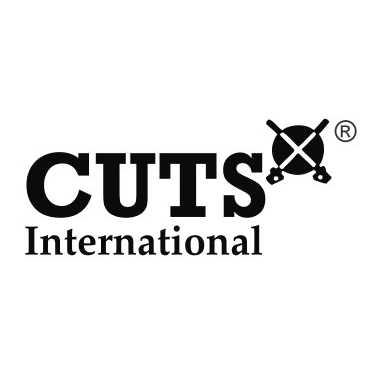 CUTS Centre For International Trade, Economics & Environment (CUTS CITEE)
CUTS Centre For International Trade, Economics & Environment (CUTS CITEE)

CUTS Centre For International Trade, Economics & Environment (CUTS CITEE)
Overview
Sector |
Trade |
Country |
India |
SDG |
17 - Partnerships for the Goals |
Organization Type |
NGO |
URL |
www.cuts-citee.org |
Description
Similar Organizations
| Name | Sector | Country | |
|---|---|---|---|
Dhosa Chandaneswar Bratyajana Samity (DCBS) |
Disaster Risk Reduction, Financial Services, Humanitarian Emergencies, Renewable Energy, Sustainability and Environment | India | View Details |
Harit Vikash Pariyojna (HVP) हरित विकास परियोजना |
Child Development, Development Cooperation, Education, Health, Labour, Peace and Development, Sustainability and Environment, Volunteerism, Youth | India | View Details |
United Nations Economic Commission for Latin America and the Caribbean (ECLAC) |
Agriculture, Food and Rural Development, Commerce, Development Cooperation, Disaster Risk Reduction, Industrial Development, Infrastructure, Natural Resource Management, Peace and Development, Private Sector Development, Renewable Energy, Science, Technology & Innovation, Sustainability and Environment, Trade, Water | Chile | View Details |
Tata Institute of Social Sciences |
Development Cooperation, Education, Gender Equality and Empowerment of Women, Health, Industrial Development, Labour, Research | India | View Details |
International Movement for Advancement of Education Culture Social & Economic Development (IMAECSED) |
Agriculture, Food and Rural Development, Child Development, Counter-Terrorism & Prevention of Violent Extremism, Disaster Risk Reduction, Education, Gender Equality and Empowerment of Women, Health, Humanitarian Emergencies, Intellectual Property and Patent, Labour, Law, Migration, Peace and Development, Renewable Energy, Sustainability and Environment, Water | India | View Details |